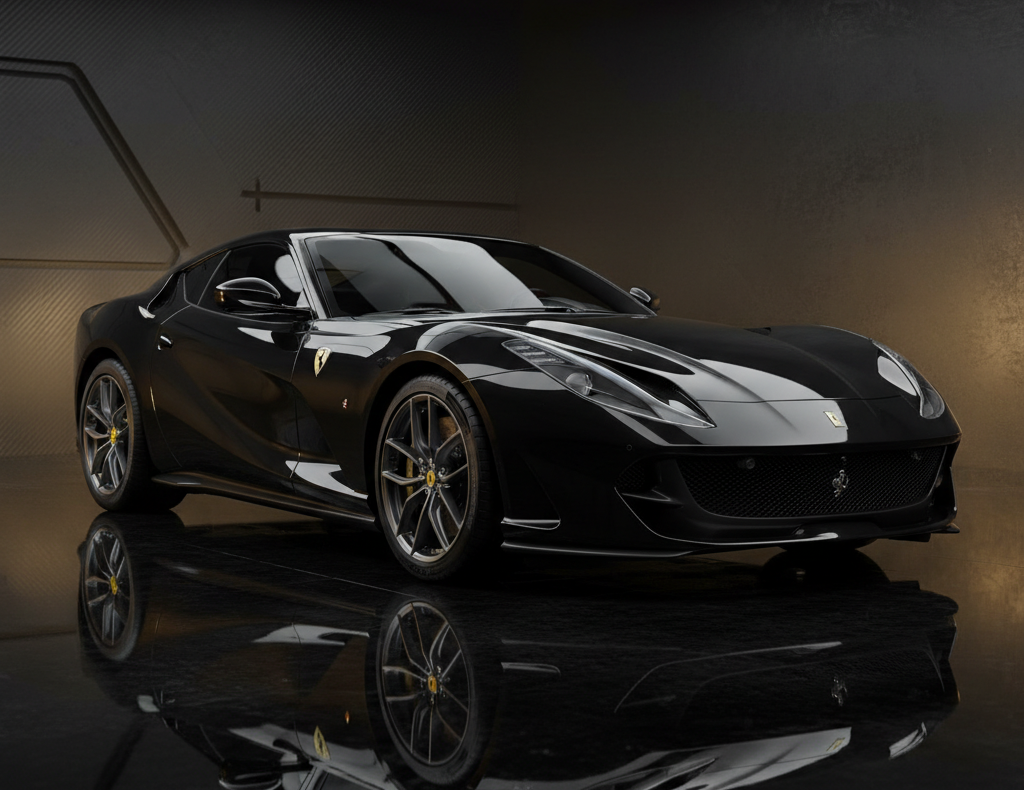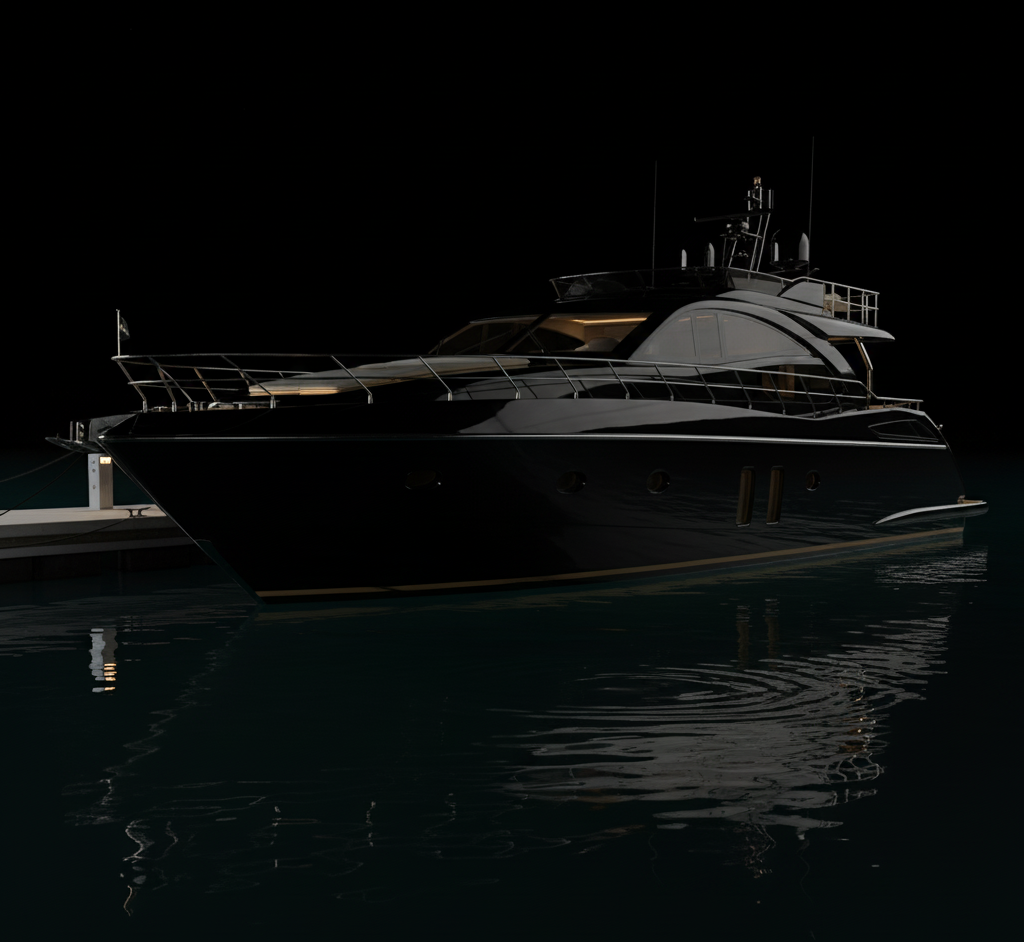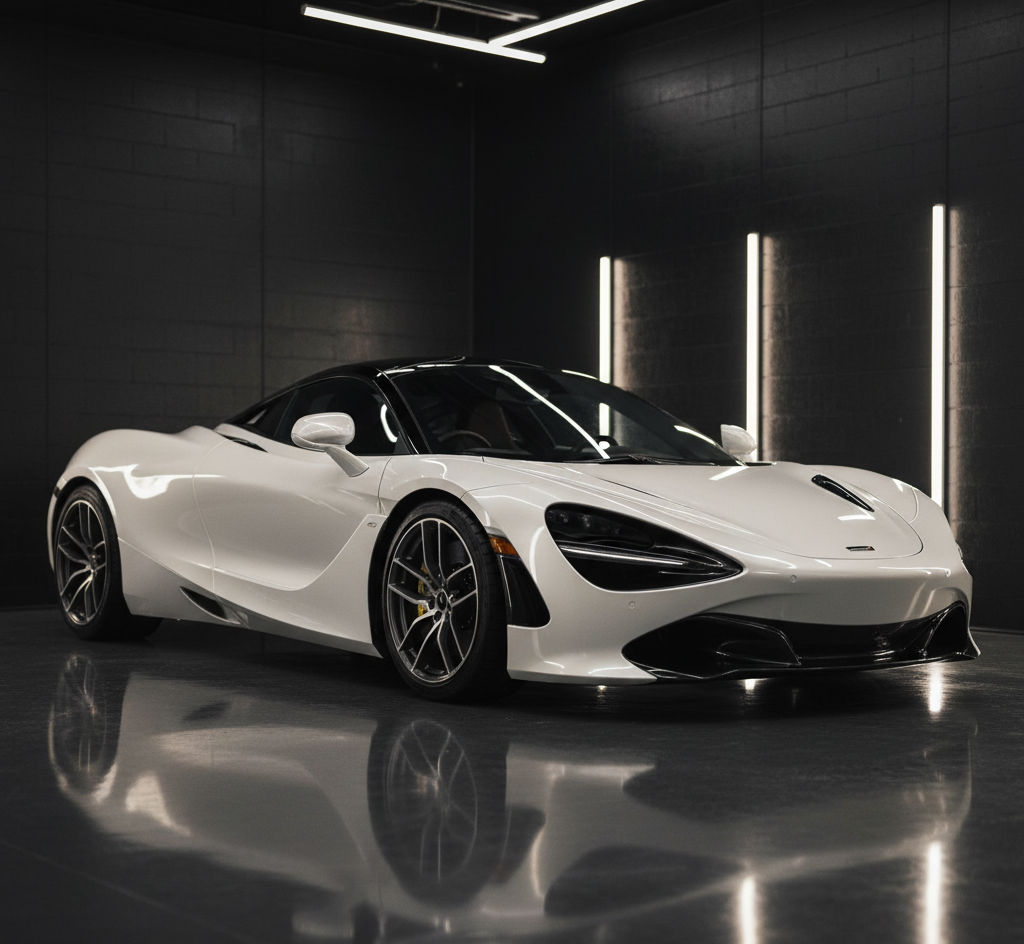We’ve been protecting high-value assets in the Long Island area because we understand something simple: your vehicles aren’t just expensive—they’re irreplaceable.
Located in Port Jefferson Station, we’ve built our reputation on precision, protection, and respect for what matters most to collectors and enthusiasts. Our climate-controlled facility isn’t just about comfort—it’s about creating the perfect environment for ceramic coating application, free from the dust and contaminants that can compromise results.
Melville’s coastal location means your vehicles face unique challenges. Salt air, UV exposure, and humidity that can break down traditional protection in months. We’ve seen what works and what doesn’t, and we only use what works.




